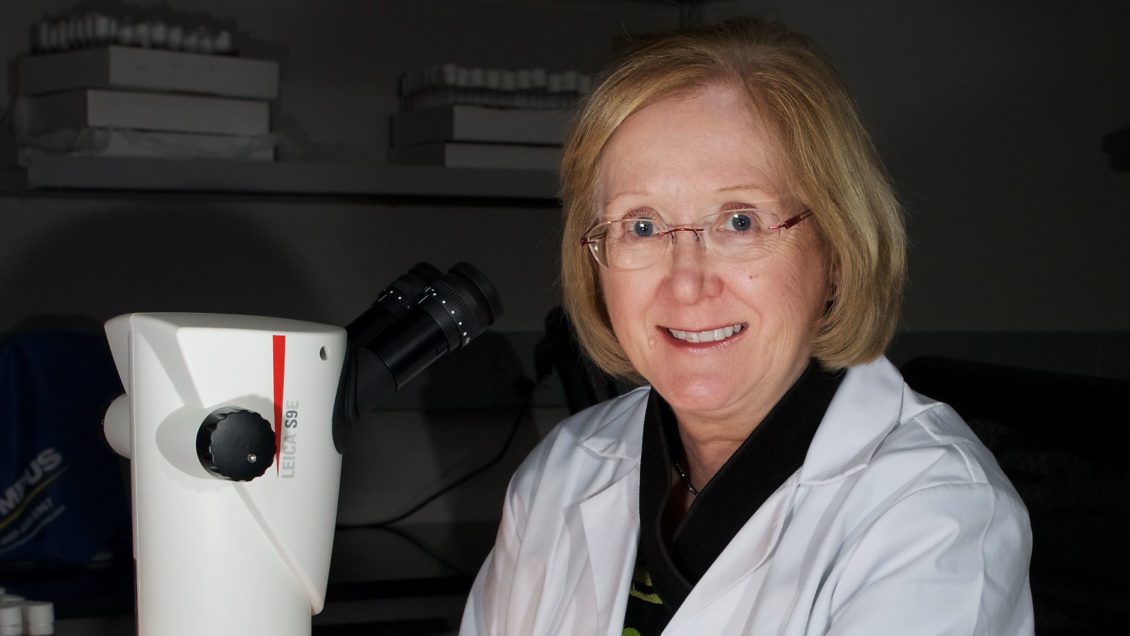Trudy Mackay, director of the Clemson Center for Human Genetics and Self Family endowed Chair of Human Genetics, has been elected to the prestigious American Philosophical Society, the oldest learned society in the United States, founded by Benjamin Franklin in 1743. Mackay is the first professor at Clemson University to become a member.
This year, 36 accomplished individuals are joining the 1,011 existing elected members. Mackay is one of seven in the biological sciences category and she is the only elected member in biological sciences from the Carolinas.
“I am honored and delighted to be elected as a member of the American Philosophical Society and am looking forward to participating in APS activities.”
TRUDY MACKAY
Mackay is recognized as one of the world’s leading authorities on the genetics of complex traits and for groundbreaking research that reveals the genetic and environmental basis of human diseases. She pioneered a research model based on the common fruit fly because about 70 percent of the fruit fly genome has a human counterpart. Through collaborations with other institutions, like the National Institutes of Health and the National Institute for Drug Abuse, she uses her model to define pathways that can lead to cures for terminal and mental illnesses that affect people globally and have so far stumped doctors and scientists.
She is a recipient of Trinity College’s Dawson Prize in Genetics, which is awarded to geneticists of international prominence, and numerous other accolades including being a fellow of the American Association for the Advancement of Science, the American Academy of Arts and Sciences, the Royal Society of London and the National Academy of Sciences of the USA. She is a recipient of the 2016 Wolf Prize for Agriculture.
Now, she will join the likes of George Washington, John Adams, Charles Darwin and Thomas Edison, all of which were early members of the American Philosophical Society.
Founded for “promoting useful knowledge,” the American Philosophical Society honors and engages distinguished scientists, humanists, social scientists, and leaders in civic and cultural affairs through elected membership and opportunities for interdisciplinary, intellectual fellowship, particularly in the semi-annual Meetings in Philadelphia.
Only 5,746 members have been elected since 1743. Since 1900, 269 members have received the Nobel Prize.

